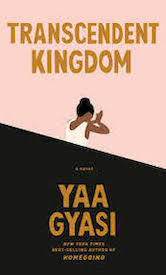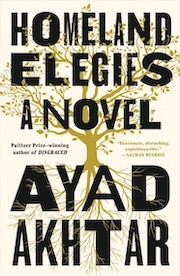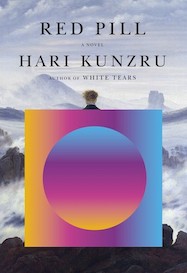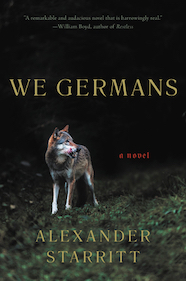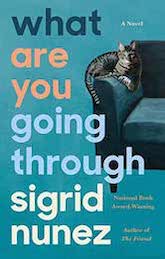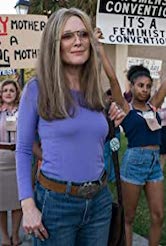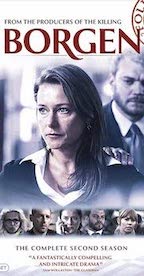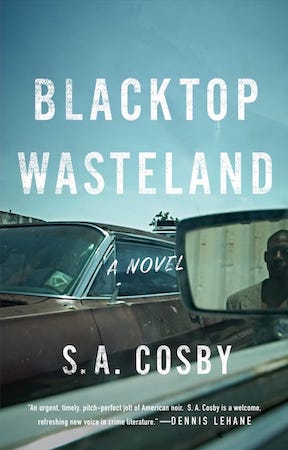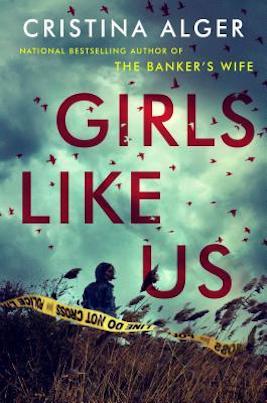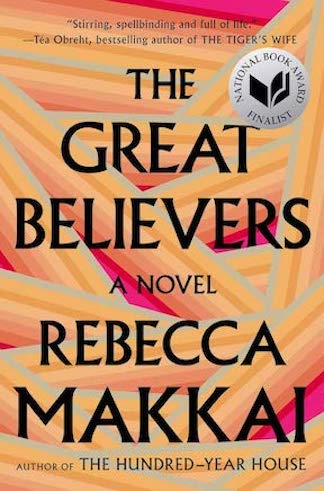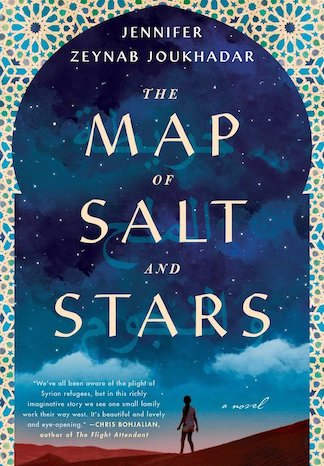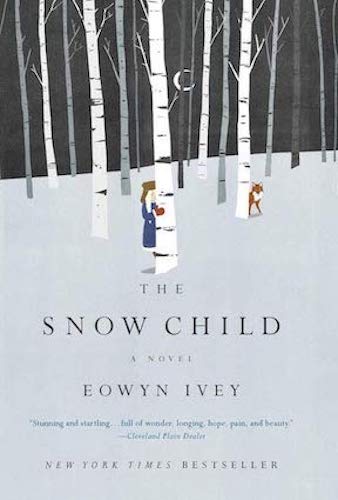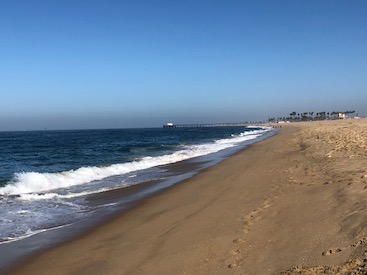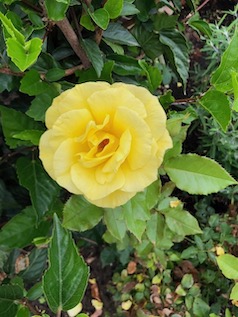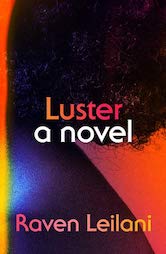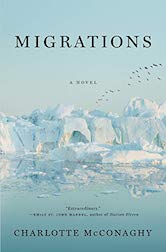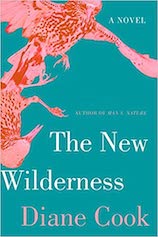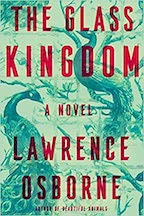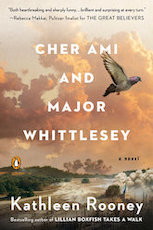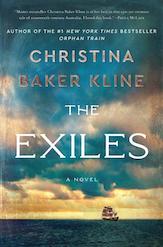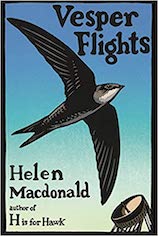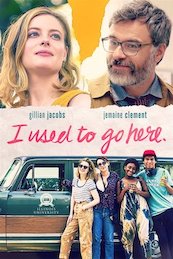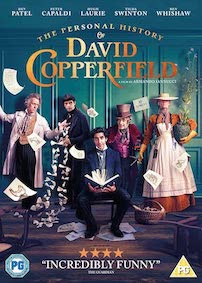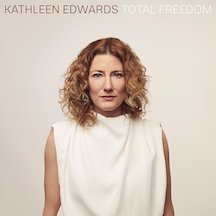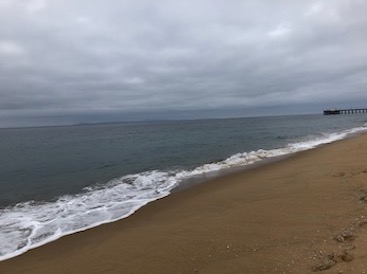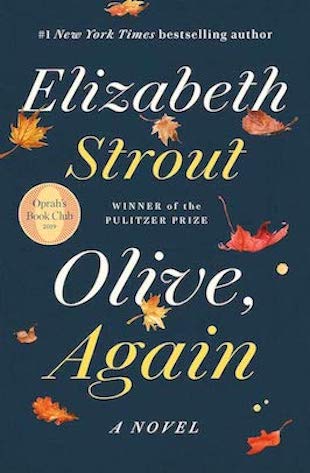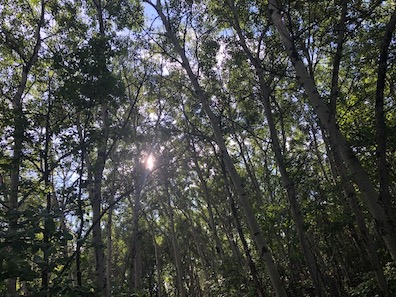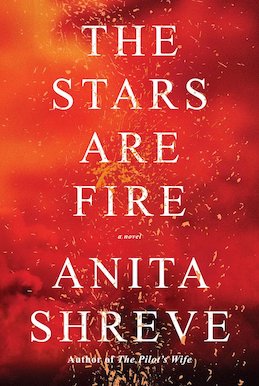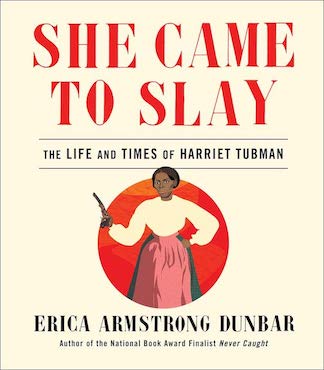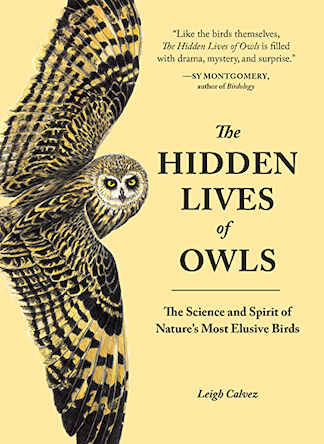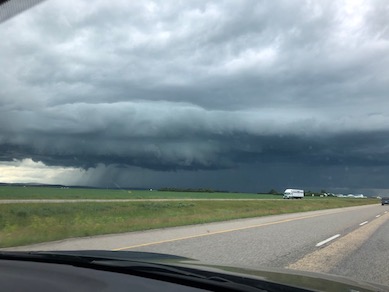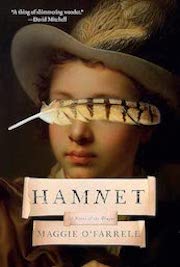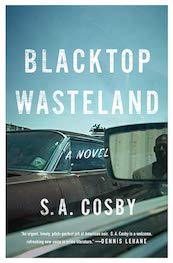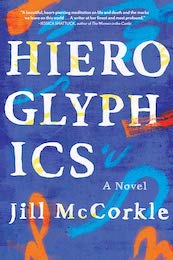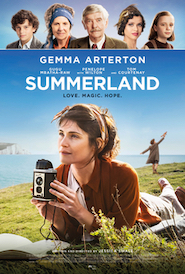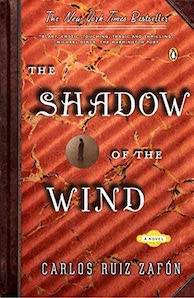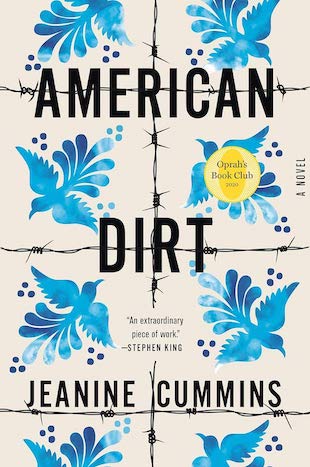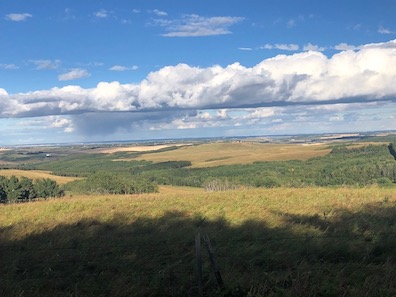
Hi. I hope everyone is doing well and settling in to September. The days are going quickly now. The kids around town here are in school, which sort of surprises me. They are trying to control the Covid outbreaks. Meanwhile we woke up to our first frost on Tuesday morning but luckily had our tomato plants covered. Now the warm afternoons have returned and the days are pretty here. I feel for the Western states that are contending with wildfires and terrible smoke. It’s awful to see. San Francisco looks dark with an eerie red tinge. My sister is sending us updates of conditions there … and my brother’s place luckily just missed a wildfire in Montana. Yikes.
Meanwhile it’s a bit hard to believe Labor Day has passed and summer is pretty much over. I’ve been looking back and thinking about which novel seemed to be the must-summer read of the season this year … and which novel I saw most talked about around the blogosphere. I don’t think I’m going out on a limb to say that Brit Bennett’s novel “The Vanishing Half” is likely one I saw a lot of. It was everywhere for a while: on blogs, book-author virtual talks, Bookstagram, TV and newspapers. It came out in early June and pretty much took off. Many readers it seemed wanted to see how Bennett followed up her 2016 debut “The Mothers” … and this one proved to be as good if not even better.

But what makes a book a must-summer read? It doesn’t mean it’s necessarily the best book of the year … I think it just means it usually conjures up issues and perhaps has a couple surprises. It has to be quite readable and a bit of a page-turner. I don’t think it necessarily has to be a thriller or popular fiction … even though it’s summertime. But for whatever reason word about it has to get around and spread. It has to have momentum. And I think for “The Vanishing Half” it did … and the timing was right … in a summer with current events leading to renewed calls for racial justice and equality. Someone on Goodreads called it the essential book club book … and perhaps it is. I just finished it and my review of it — along with another novel — is below. But first: What did you think was the most read and talked about novel this summer? Hmm.
The Vanishing Half by Brit Bennett / Riverhead / 350 pages / 2020
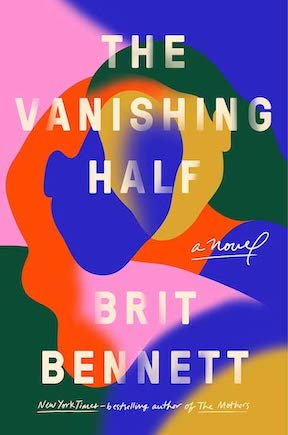
I can’t say I knew a lot about the experience of “passing” … in terms of one person of a certain race passing for another, or in this case, a person of color assimilating into the white majority to escape the legal and social conventions of racial discrimination … but I have read novels that touch (maybe even if tangentially) on such themes, such as Toni Morrison’s “The Bluest Eye,” Ralph Ellison’s “The Invisible Man” and last year’s novel “We Cast a Shadow” by Maurice Carlos Ruffin.
“The Vanishing Half” is another that really opened my eyes to what it means to “pass” racially as another. The novel makes a compelling story surrounding the identities of twin sisters from a small Southern town (Mallard, Louisiana) known for its very light skinned blacks, who run away at 16 (haunted by their father’s lynching in the 1940s) and eventually go their own separate ways: one living as herself a black woman (Desiree), and the other secretly passing as white (Stella) and reinventing herself in Los Angeles.
The story goes on to explore how their daughters are also affected by skin tones and Stella’s secret: Desiree’s daughter Jude is dark and self-conscious (and falls for Reese a transgender male), and Stella’s daughter Kennedy, unaware of her mother’s secret, is blond and blue-eyed and becomes an actress (like her mother, who is superb at play-acting who she really is).
It’s a story that shows the toll “passing” can take on a close-knit family and generationally. Yet it’s hard to blame Stella totally for wanting the freedom she feels passing as white … though her choices are frustrating and painful along the way (at one point she’s at a party of whites publicly castigating African American neighbors who move into the house across the street … who she’s actually befriended in private to play with her daughter).
It’s a story that’s well told and and each of the four main characters — Desiree and Stella and their daughters — propel the story forward through the decades from the 1950s to the ’90s … as you follow them where they live and with their jobs and love interests. Their partners are given interesting shrift — Mr. Early with Desiree and Reese with Jude — are particularly alluring. And you start turning pages in a flurry to see how the lie of Stella’s race will play out … and whether there will be a public or family reckoning … or what will happen.
All around it’s an excellent read, and its themes and various layers: about identity, race, and reinvention are thought-provoking without being overly heavy. Perhaps reinvention never seemed so possible. See what you think, if you haven’t already.
Ps. I did catch the author’s book chat with the Los Angeles Times Book Club and it was enjoyable to listen to Brit Bennett speak about the themes and the characters and how she wrote about them in the novel. You can catch it here.
The Pull of the Stars by Emma Donoghue / Little Brown / 305 pages / 2020
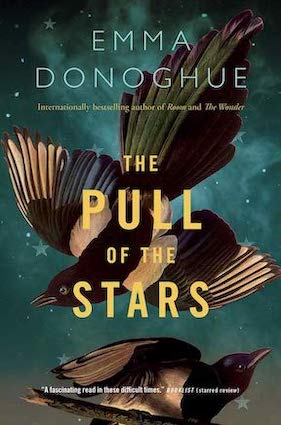
A lot of research into the 1918 Flu in Dublin and obstetrics must have gone into the writing of this novel, and I admire how much the author put into the time period. The story takes place in a maternity ward where several pregnant woman are quarantined with the Flu at the hospital. There’s Nurse Julia Power, who in time is joined by volunteer helper Bridie Sweeney who was raised and ill-treated as an orphan at an Irish-Catholic convent, as well as Dr. Kathleen Lynn (the story’s only real historical figure), an activist involved with the radical Sinn Féin party. Together they work to bring babies and mothers through harsh deliveries … where birth and death often seem never too far apart.
This one is quite a medical novel and realistic depictions of birthing babies during the much more rudimentary days of medicine are evident on every page. I’m not exactly quickly squeamish, but I almost went down a few times reading parts of these harsh deliveries. (It seems the flu enhanced premature births.) Early on, I thought is there more of a story here or is it just a medical journal of what happened during that 1918 pandemic in Dublin? Luckily the characters unfold a bit more and you get a sense of Nurse Julia, who is grappling with who she is on her 30th birthday and where her life is headed … during a pandemic that was much worse than ours. The story balances Julia’s inner thoughts with her relations with Bridie and Dr. Lynn as they’re in the thick of things at the hospital.
Scary days for sure. I read at the back of the book … that the author wrote this novel before the Covid pandemic started so the timing was purely coincidental. But the similarities are there … and I was interested to read the novel because I wanted to hear more about the 1918 Flu … in light of what we’re facing now and get a view from healthcare workers who really are on the frontlines of saving us in times like these. They are the heroes … and have been every day since this began … as they are in this novel.
This was my first Emma Donoghue read (who describes herself as Irish Canadian) … and I hear her books are all a bit dark and gruesome but her research and writing are exquisitely done. “The Pull of the Stars” felt sort of like a slim slice of life novel that puts you right into the time and setting without sugarcoating much of what you’re going to face. The novel’s title comes from an old Italian belief — where influenza gets its name — that it was the influence of the stars that made you sick. “As if, when it’s your time, your star gives you a yank,” explains Julia to Bridie. I can’t say the novel was entirely enjoyable (as it is medically a bit dark), but it was quite an eye-opening and affecting story and I’m glad I read it.
Just a footnote: the author doesn’t use quotation marks in the novel … and on the whole it didn’t bother me too much. Most times it seemed evident when there was dialogue and who was talking … but there were just a few times when I had to reread a passage to make it more clear to me. For more on the novel and the author, check out this recent Zoom interview with her here.
What about you — have you read these books or authors, and if so, what did you think?



